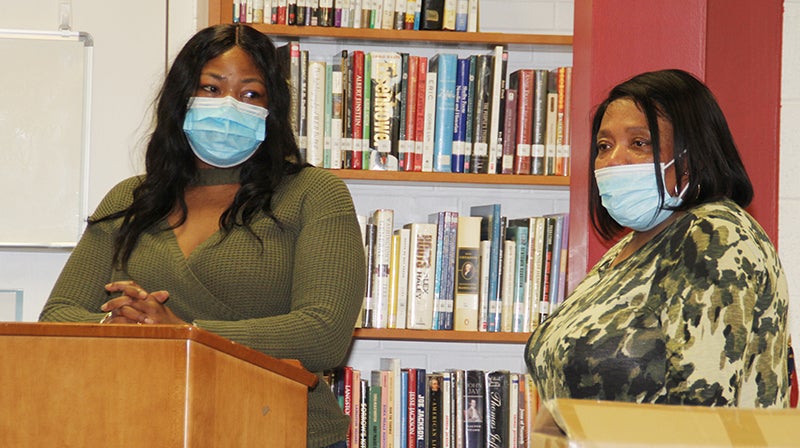‘Operation Medicine Drop’
Published 9:40 am Tuesday, September 22, 2015
In the right hands, prescription medication can work wonders.
In the wrong hands it can be deadly.
On, Saturday, Sept. 26, a trio of local law enforcement agencies in the Roanoke-Chowan area will participate in “Operation Medicine Drop.” That statewide campaign gives the public the opportunity to prevent accidental poisonings, abuse and theft by ridding their homes of potentially dangerous expired, unused, and unwanted prescription drugs.
Hertford County citizens are encouraged to bring their medications for disposal to Hertford County Courthouse at 119 Justice Drive, Winton, between the hours of 10 a.m. until 2 p.m.
“This service is free and anonymous; no questions asked,” said Hertford County Sheriff Juan Vaughan whose office is the local sponsor of “Operation Medicine Drop.”
Windsor Police Chief Todd Lane said the drop-off effort in his town will take place from 10 a.m. until 2 p.m. on Sept. 26 at the police department, located on South King Street. That event is sponsored by the Windsor Police Department and Three Rivers Healthy Carolinians.
“This initiative addresses a vital public safety and public health issue. Medicines that languish in home cabinets are highly susceptible to diversion, misuse, and abuse,” stated Lane.
Rates of prescription drug abuse in the U.S. are alarmingly high, as are the number of accidental poisonings and overdoses due to these drugs. Studies show that a majority of abused prescription drugs are obtained from family and friends, including from the home medicine cabinet. In addition, Americans are now advised that their usual methods for disposing of unused medicines—flushing them down the toilet or throwing them in the trash—both pose potential safety and health hazards.
Gates County Sheriff Ed Webb and his officers are joining forces with the Gates Partners for Health to conduct “Operation Medicine Drop” from 11 a.m. until 1 p.m. on Sept. 26 at the Sheriff’s Office.
“Rates of prescription drug abuse in our nation are alarmingly high, as are the number of accidental poisonings and overdoses due to these drugs. Studies show that a majority of abused prescription drugs are obtained from family and friends, including from the home medicine cabinet,” Webb noted.
Since 2010, over 1000 sites have collected over 30 million dosage units of medication during take back events statewide.
“Every time we collect and destroy a dosage of excess medication, it’s a success. We’re keeping these drugs out of the wrong hands and out of our waterways,” said North Carolina Insurance Commissioner Wayne Goodwin. “I commend [local group(s)] for actively engaging their community in this very important initiative and I thank the public for taking responsibility to dispose of medications in a safe, secure way.”
Operation Medicine Drop is an effort coordinated by North Carolina Department of Insurance, Safe Kids North Carolina, NC State Bureau of Investigation, the U.S. Drug Enforcement Administration, River keepers of NC and local groups to prevent accidental poisonings, substance abuse and protect our waters.
With unintentional poisoning deaths on the rise in the state, Operation Medicine Drop reminds parents and caregivers to:
Keep medicines locked up and out of reach of children.
Always read labels, follow directions and give medicines to children based on their weights and ages. Only use the dispensers packaged with children’s medications.
Avoid taking medicine or vitamins in front of kids, and don’t call them candy.
You suspect poisoning and a child is choking, collapses, can’t breathe, or is having a seizure, call 911. Otherwise, take the product to the phone and call the national Poison Help hotline at 1-800-222-1222.
For more information about Operation Medicine Drop, go to www.ncsafekids.org.


